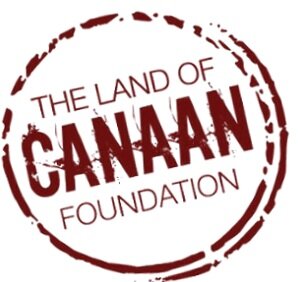
Planting Biodiversity with Regenerative Farming
Palestinian farmer Abdul Jabbar in front of his field of intercropped native legumes
Planting biodiversity is planting more roots in the soil. Diverse trees and crops, traditional in Palestine, bring sustainability through diversity. More roots in the soil makes Palestine a year round food forest like it was for thousands of years.
The PFTA is diversifying their olive and almond tree planting to include organic sumac, carob, sycamore, grapes and figs. All will provide nourishment and a sustainable income for a farm family for many seasons and years to come. There are harvests at different seasons of the year, meaning food and income for the farmers in any season:
Legumes in the spring
Grapes in May-June for the leaves, July-September for the fruit, for 6 months of income
Figs - August-September
Carob - September and fall
Olives - fall and winter
This is Agroforestry, combining trees and shrubs with crops and animals for the benefit of all. Palestinian farmers have an agricultural heritage that evolved over thousands of years. Regenerative farming is new to much of the organic world but traditional in Palestine. Regenerative agriculture is rooted in ensuring soil health that protects the planet and allows farm families to thrive by producing high yielding, nutrient-dense food.
Climate change threatens rain-fed (non-irrigated) farming, a crucial component to traditional farming. Regenerative intercropping edible plants is a way to add moisture back into the soil and achieve food, economic and environmental security. Intercropping cover crops among olive and almond trees is perfect for planting native legumes in Palestine and increases the yield of all crops.
Landrace seeds are ancient native seeds. They are drought resistant, don't need fertilizer, and are resistant to pests and diseases. Plus, their produce is nutrient dense and preferred by the knowledgeable consumer.
By providing farmers with landrace seeds for intercropping, each family can plant enough crops to sustain themselves for the year, and additionally keep the remaining seeds. They may sell some leftover seeds back for additional income but hold enough for planting the following year. The program continues to offer opportunity: all Canaan Palestine’s maftoul and freekeh is now landrace wheat (you can taste it!). After the success of the first four years, the plan now is to target ALL potential regenerative farmers in villages throughout the West Bank.

